Guides
Acts of ParliamentDevolved GovernmentHouse of CommonsHouse of LordsLegislative ProcessWhitehallPolitical PartiesPublic InterestThe Political Process Display All
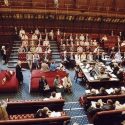

Parliament Act
The Parliament Act allows for a Bill to become law without the agreement of the Lords when certain conditions have been met. The Bill must have been introduced and passed by the Commons in two consecutive Sessions, with the Lords on both occasions actively preventing its passage.Read More


Parliamentary Branch
Each government department has a Parliamentary Branch. The Branch is charged with managing the department's relations with the House of Commons and the House of Lords.Read More
Parliamentary candidates
An insight into the backgrounds of some of the most interesting candidate bidding to become MPs in the 2024 general election.Read More
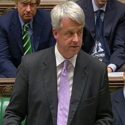

Parliamentary Private Secretaries
Often referred to as a Minister's 'eyes and ears in Parliament', or as a simple 'bag carrier', the Parliamentary Private Secretary supports a particular government minister in his or her duties. It is the first rung on the ministerial ladder for a backbench MP.Read More


Plaid Cymru
Plaid Cymru (the Party of Wales) is a Welsh Nationalist party that sits on the left of the political spectrum. The party is far less of an electoral force than its Scottish counterpart, polling around 10% of the Welsh vote in recent General Elections.Read More


Politically Exposed Person
An overview of the political exposed person regime in the UK? Who is a politically exposed person, what are the additional financial requirements they face?Read More


Pre-legislative Scrutiny
Draft Bills are normally subjected to pre-legislative scrutiny at the hands of a joint-committee of MPs and peers formed for that purpose.Read More


Pressure Groups
A Pressure Group is an organised group united in the promotion of a common cause, with the aim of influencing government policy. The former Home Secretary, Douglas Hurd, once famously described Pressure Groups as ‘serpents that strangle efficient government’.Read More
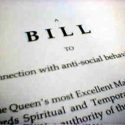

Primary Legislation
Primary legislation (Bills and Acts) is split into two categories - Public Bills and Private Bills (with Hybrid Bills in a sub-category between the two).Read More
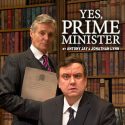

Prime Minister
The leader of the largest party in the House of Commons is by convention asked by the Monarch to be Prime Minister and to form a government in a ceremony known anachronistically as the 'kissing of the hands. The Prime Minister has a wide range of direct powers.Read More


Prime Minister’s Official Spokesperson
The Prime Minister's Official Spokesperson is responsible for briefing the press and broadcast journalists on most weekdays when Parliament is sitting. Initial plans for these UK briefings to be televised, as in the US, were put on hold in early 2021. Read More
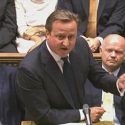

Prime Minister’s Questions
The Prime Minister comes to the House of Commons each Wednesday when Parliament is sitting to answer questions from back-benchers and opposition leaders. The session is due to last 30 minutes, albeit under former Speaker John Bercow, they extended far longer than scheduled.Read More
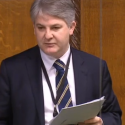

Private Members Bills
Private Members Bills are Public Bills that are introduced by backbench Members of Parliament. The Abortion Act, 1967, introduced by the then Liberal MP, David Steel, is perhaps the most famous Private Members Bill in recent times.Read More
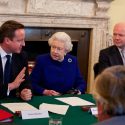

Privy Council
The Privy Council, as body of government, predates the Cabinet and the existence of the Prime Minister by many centuries. Originally the private council of trusted advisers surrounding the sovereign, it has evolved to become a somewhat hidden instrument of government.Read More
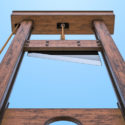

Programming
All Government Bills are programmed, also known as timetabling. The programming of every Bill is a recent development. Historically 'guillotining' debates on Bills was used sparingly and only for key legislation.Read More


Scottish Parliament – An Overview
The Scottish Parliament, based in the Holyrood area of the City of Edinburgh, first sat in 1999. An overview of the Parliament , covering its current membership, sitting patterns and times, voting mechanism, powers, and operations.Read More
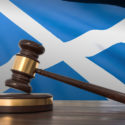

Scottish Parliament – Legislation
The Scottish parliament may legislate on any issue that is not in a reserved area for Westminster. A bill can be introduced by the Scottish Executive, by a Scottish Parliament Committee, or as a private members bill by an individual MSP.Read More


What does woke mean today?
An overview of the term woke? What does woke mean today? What are the origins of the term?Read More



